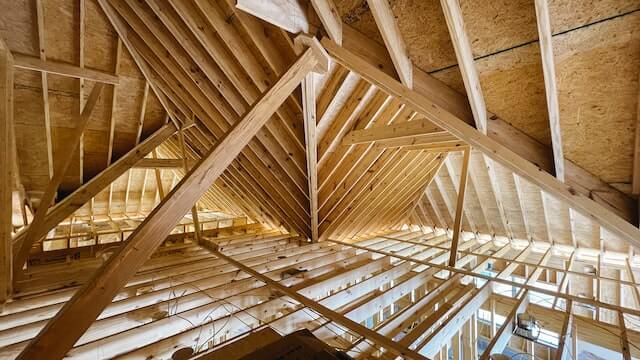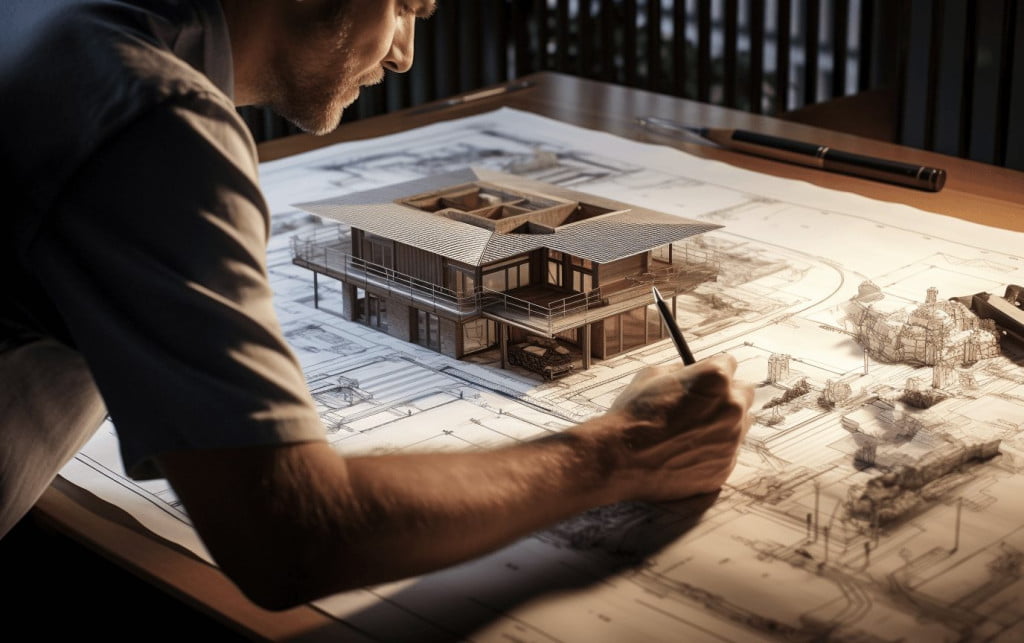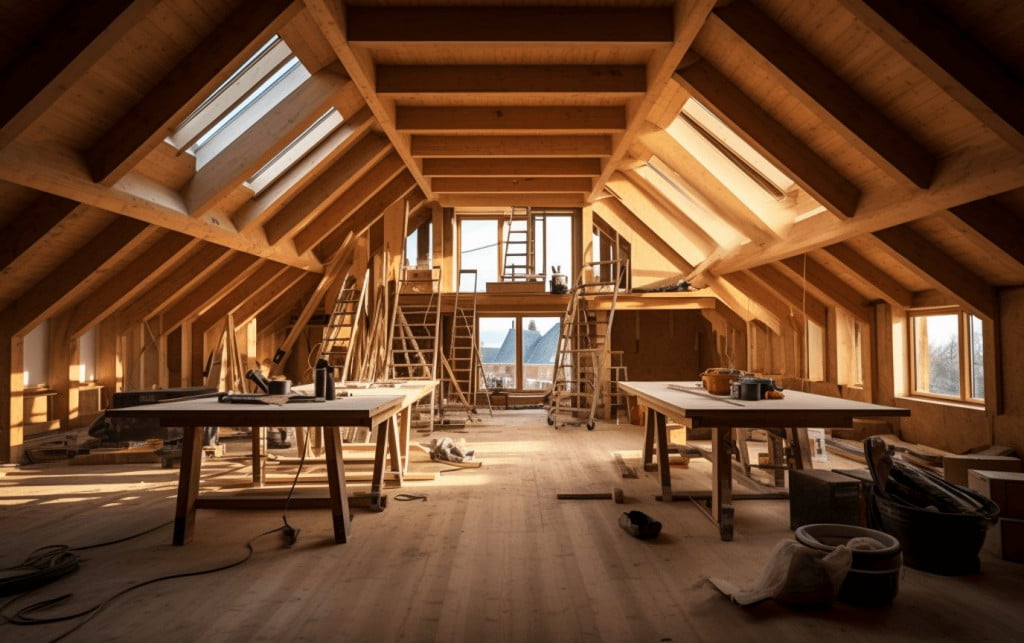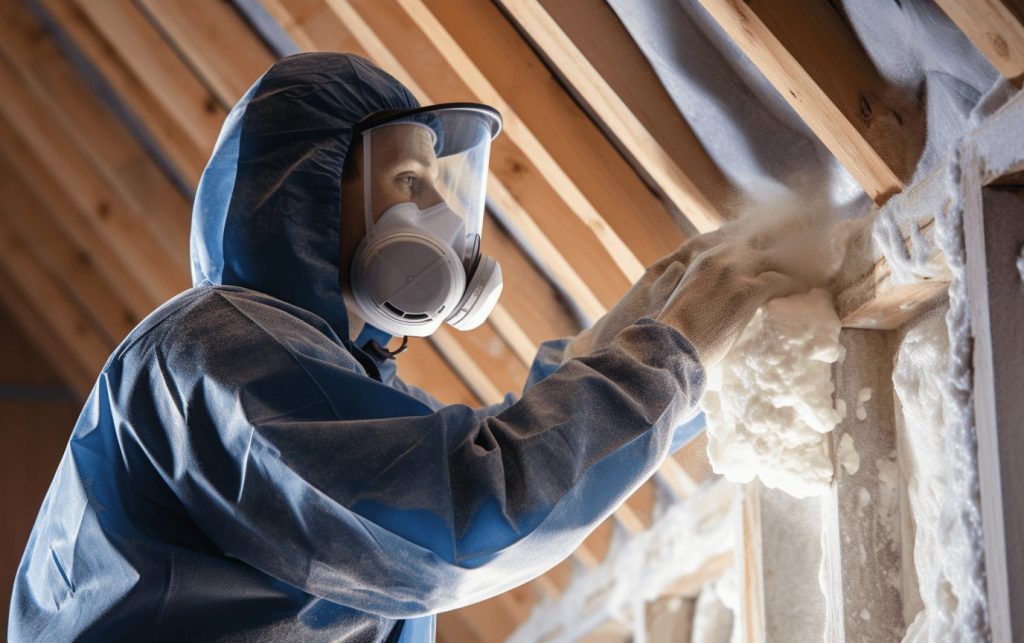Table of Contents
At Eloft Conversions, we comply with all set legislation to ensure that all work is completed to industry standard. Thus, structural integrity is assured as well as occupant safety.
The various types of legislation that govern loft conversions include the following:

Planning permission which is acquired from the local authorities is not normally required if your property falls under permitted development rights. However, you may need planning permission if you plan to make alterations or have an extension on your roof that will exceed the specified height limits.
Another thing that determines whether you’ll be needing any planning permission is the location of your property. Depending on whether the property is located in a conservation area or if it’s leased property, then the local council will issue the planning permission.
The process of acquiring planning permission involves the submission of proposed building plans. The good thing with planning permissions is that they ensure that all projects are compliant with local standards for, land use, construction, and zoning.

Whenever you convert your attic or loft, building regulations approval will be necessary. This is to ensure the building is safe after the construction is done. Below are some of the things that building regulations ensure are implemented:
At Eloft conversions, all projects are completed in compliance with the government building regulations. Our goal is to make sure that our construction work complies with the set regulations, and result in a completion certificate upon the completion of the project. The completion certificate comes in handy for most homeowners when it’s time to sell the property.

Although some of the properties fall under permitted development, others do not. Those that do not fall under the permitted development rules include the ones located in conservation areas. Flats and maisonettes also need planning permission in case of any extension or conversion.
You might also require planning permission if the roof’s height is likely to exceed that of the existing structure. Also, in the case where there’ll be the construction of a front dormer.
Per the permitted development allowance, homeowners with semi-detached or detached properties can have a 50cubic meter extension on their home without needing planning permission.
As for the terraced properties, they’re allowed a 40 cubic meters roof extension and an addition of hip gable or dormers without needing the planning permission.
However, your property should not exceed the plane of an existing roof whose slope fronts a highway due to the construction work. In this case, highway includes most footpaths, all public roads, bridleways, and byways).
In a situation where your planned home extension or loft conversion doesn’t fall under permitted development rights, we shall apply for the planning permission on your behalf from the council at a fee.
During a loft conversion, Eloft Conversions takes into consideration the following fire safety measures; establishing escape paths, installation of the smoke alarm, installation of fire doors and regulation staircases, properly sized and placed escape windows, and the separation of new stories.
The fire safety regulations tend to be more thorough when it comes to loft conversions, unlike the other types of extension or conversions. To find out more about how your loft conversion might be affected by these regulations, please reach out to us.

If your property doesn’t require planning permission, we advise our clients to apply for a Lawful Development Certificate (LDC). Although an LDC isn’t a mandatory document, it shows that any and all work being done on the property is compliant with the lawful boundaries and building regulations.
A Lawful Development Certificate is also important if you ever think of selling your property. If you need the LDC, Eloft London Conversions will apply for the same at the local council on your behalf but at a fee.
Planning